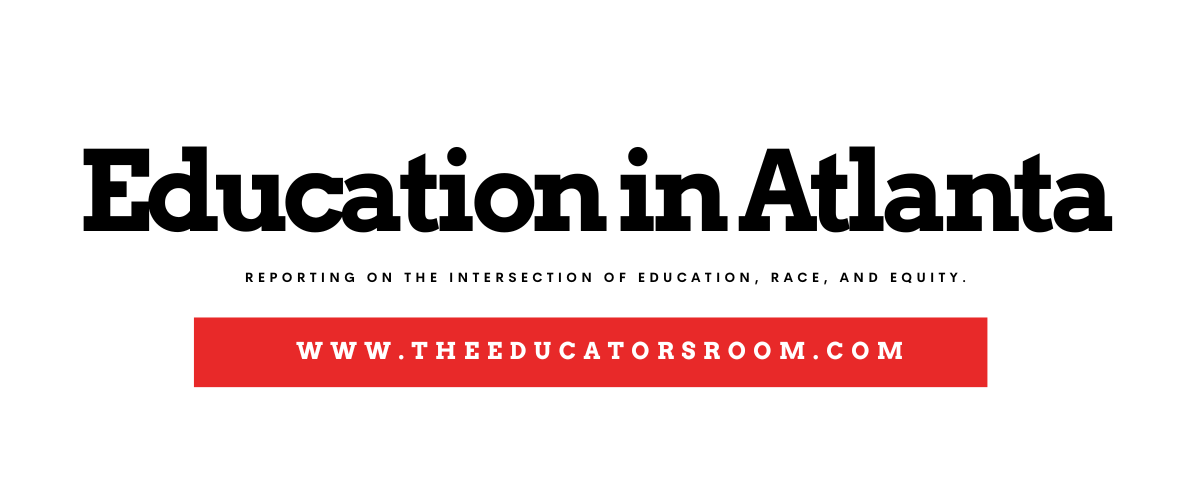Atlanta, GA– A new directive from the Georgia Institute of Technology, following guidance from the University System of Georgia, has led to the removal of Diversity, Equity, and Inclusion (DEI)-related content from all Georgia Tech-affiliated websites. The directive has been communicated to faculty and staff, leading to concerns about transparency and academic freedom.
In a leaked email sent to faculty and staff, Nathan Deen, Communications Officer for the School of Interactive Computing, outlined the new policy, which mandates the deletion of content containing specific DEI-related terms such as “Diversity,” “Equity,” “Inclusion,” “Justice,” and “Inclusive Excellence.” According to Deen, the directive requires communicators to remove any instances of these terms in a DEI context from official websites.
“This will result in the deletion of dozens of stories that I and previous communications officers have written over the years about the work of the School of Interactive Computing,” Deen wrote. He cited a recent example of a report on the school’s success at the Conference of Computer-Supported Cooperative Work (CSCW), where research projects were recognized with DEI awards. The removal directive also affects hiring pages and research websites affiliated with the university.
The policy extends beyond departmental websites. Faculty members and students using Georgia Tech’s website builder to create personal, project, or lab information pages must also remove any references to DEI-related terms in this context.
The email further warned faculty and staff that Georgia Tech, as a public institution, is subject to the Freedom of Information Act, meaning that internal communications and policy discussions could become public record. As a result, employees were urged to exercise discretion when discussing the directive on official channels.
This move comes amid a broader national debate over the role of DEI initiatives in higher education, with some state and university systems scaling back DEI programs in response to political and legislative pressures. Critics of the directive argue that it undermines efforts to foster inclusivity and support underrepresented communities in academia.
Georgia Tech officials have not yet publicly commented on the directive beyond the internal communications shared with faculty and staff. The extent of the deletions and their impact on the institution’s reputation remain to be seen.
For now, faculty and staff at Georgia Tech’s School of Interactive Computing are working to comply with the directive while navigating the implications of removing references to DEI from their work.

